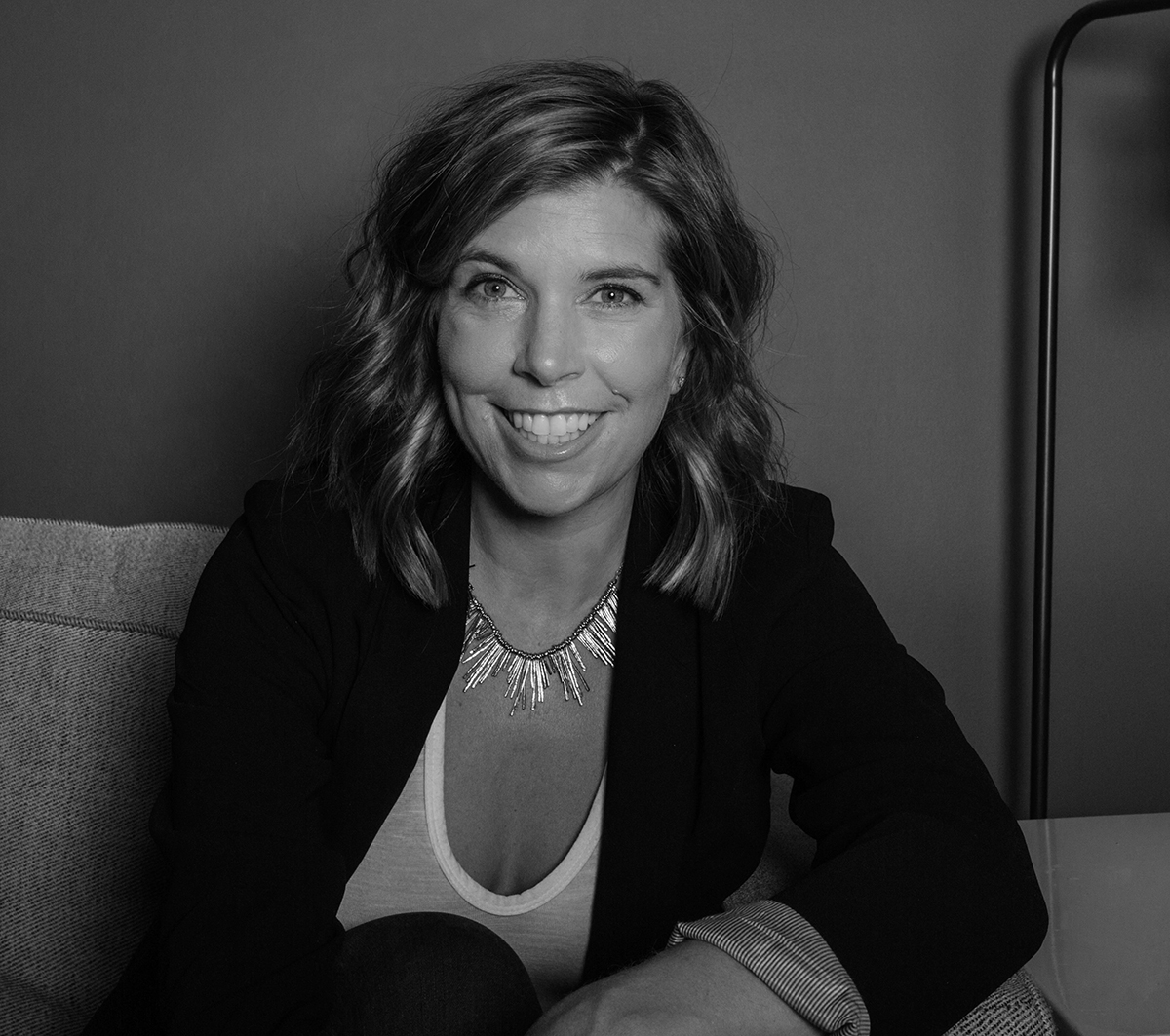
Shannon Salentine On Coaching and Leadership for Changemakers and Impact Entrepreneurs
Tell us about your venture/work.
After 20+ years of global health consulting, I founded Lead for Good, a coaching and consulting company for changemakers and the places they work. We are for the changemakers. The ones who give everything to make the world a better place. Who never even considered a career that isn’t in service of others. These are the people who shape our world.
Because when we invest in the changemakers, we cultivate the leaders who will change the world.
They know how to make an impact, even while working under high pressure and with low resources. And, they are the ones who pay the cost when they don’t have enough support in their work — because for them, it’s never just a job. This is why we build coaching and consulting solutions that are people-centered and results-driven. So we can help fuel their drive and amplify their impact. Because when we invest in the changemakers, we cultivate the leaders who will change the world.
How did you decide to tackle this particular issue?
Over the last 20+ years, I’ve been on a journey to find my own way. I’ve studied, lived, and worked all over the world and in my ongoing determination to find a balance between my professional and personal life, I found that they are one in the same.
When we are driven by a clear purpose to make a difference in the world, our life choices follow. There was never a time in my life when I thought I would do something other than serve others. This is where I hung my heart. Every time I committed to working in service of others, I felt a sense of fulfillment. And I know many of you feel the same way. So, I started my own coaching practice to champion others under the belief that with a clear vision, tools, and practices, we can do the work we want to do in the world without burning out, losing out on life experiences, or compromising our integrity.
What I’ve learned along the way is that society doesn’t do enough to support our changemakers. Leading for good requires us to reimagine, reconnect, and recommit support for those who are taking the steps to make a difference in our world.
How did you find out you wanted to take an entrepreneurial path? What was the first fundamental shift that happened to you as an early impact entrepreneur?
I never really considered myself an entrepreneur when I first set out to bring human-centered consulting and coaching to purpose-driven teams and leaders. I remember a distinct moment when I sat down at my desk to do an end of month financial review when it finally hit me…”oh, I have an actual business here.” This is when I discovered that the entrepreneurial model could be in service of the work I wanted to do in then world and in a way that offered me true ownership and flexibly in the thought leadership I want to offer and use to support others.
What do you enjoy most about being an impact entrepreneur? What are the main challenges?
Being an impact entrepreneur can feel lonely at times, especially in a world where most entrepreneurs are operating in and for a capitalist system. At the same time, what I enjoy the most is the freedom to believe in a economy of abundance and to run my business that way which has led to amazing heart-led partnerships, unimaginable and incredibly generative projects, and infinite possibilities when it comes to working with human potential to solve our world’s most critical problems.
How do you navigate the space of being a founder and also being a POC/woman/non-binary person?
I’m constantly having to remind myself of my own values- both as an individual and as a leader in this work. It’s easy to get swept up into thinking that I’m not doing enough, that the rug will be pulled out from under me, or that I’m “better off” and more secure working for someone else. In reality (and I think the pandemic reinforced this) this capitalist narrative prevents us from recalling the reality- here in the U.S. we are never truly in control of our employment or our livelihoods- even when working for top companies and cooperations. So, in times when I feel a little unsure of if I made the right move- I remind myself that what the world needs are more businesses being led through and by a more feminist approach- an approach that is emergent, generative, and human centered.
What advice do you have for early-stage impact entrepreneurs about using their time and relationships to prepare for this kind of career? What would you tell to your younger self?
Make a plan and be willing to go slow for the sake of learning and integrating what you need for your business to be successful and for YOU to feel like you can be successful. The most important relationship for me was my husband (who is also an entrepreneur) and making sure that we had a financial plan that we were comfortable with before I left my full-time job so that I could really step into my vision of Lead for Good once the time was right. This was a three year arc for me and what it allowed me was the security and the freedom to only say yes to the work I wanted and to have the time to create the programs I wanted to put out into the world. I would tell my younger self that relationships will be the driver of my business- not social medial visibility and large contracts.